Why Dogs Have Unpleasant Odors and How to Fix Them
 July 25, 2023
July 25, 2023
Dogs, our beloved companions, bring immense joy and happiness into our lives. However, one aspect that can sometimes detract from the overall experience of having a dog is their unpleasant odor. Whether it’s a lingering “doggy” smell or an offensive stench emanating from their coat, understanding why dogs have unpleasant odors and discovering ways to remedy them can significantly improve the bond we share with our furry friends.
![]() Poor Hygiene and Grooming
Poor Hygiene and Grooming
One primary reason for unpleasant dog odors is poor hygiene and inadequate grooming. Dogs require regular bathing and brushing to remove dirt, debris, and excess oils from their coats. Neglecting their grooming can lead to the buildup of these substances, resulting in an unpleasant odor. Additionally, if a dog’s ears, teeth, or anal glands are not adequately cleaned, they can also contribute to an unpleasant smell.
To address this issue, dog owners should establish a consistent grooming routine based on their breed, hair type, and overall health. Regular brushing, bathing, ear cleaning, and teeth brushing will help keep their dog smelling fresh and clean. Specially formulated dog shampoos and conditioners can also help neutralize any offending smells.
![]() Skin Infections and Allergies
Skin Infections and Allergies
Another cause of unpleasant odors in dogs is skin infections and allergies. Itchy skin caused by allergies or underlying health conditions can lead to excessive scratching and licking, which can result in open sores and infections. These infections often produce a foul-smelling odor that can be challenging to eliminate without treating the underlying cause.
To combat this issue, it is crucial to identify and address any allergies or skin conditions affecting the dog. Consultation with a veterinarian is recommended to diagnose and develop appropriate treatment plans, which may involve dietary changes, medication, or allergy testing. Treating the underlying issues will help both eliminate the odor and improve the dog’s quality of life.
![]() Anal Gland Problems
Anal Gland Problems
Anal gland problems are a frequent source of unpleasant smells in dogs. These small glands, located near the anus, produce a fluid that helps dogs mark their territory. However, when these glands become impacted or infected, they can emit a strong, unpleasant odor. Dogs may also scoot their bottoms along the ground or lick excessively in an effort to alleviate discomfort.
To address this issue, dog owners can regularly express their dog’s anal glands or seek the help of a professional groomer. Regular veterinary check-ups are essential to identify any anal gland issues early and prevent complications.
![]() Oral Hygiene
Oral Hygiene
Poor oral hygiene can also contribute to bad breath and unpleasant odors in dogs. Dental disease, plaque, and tartar buildup can result in bacterial growth, causing a foul smell. A dog’s dental health should not be neglected, as it can significantly impact their overall well-being.
To combat this issue, regular teeth brushing using veterinarian-approved toothpaste and dental chews can help maintain good oral hygiene. Additionally, scheduling regular dental check-ups and cleanings with a veterinarian will help identify and address any dental issues promptly.
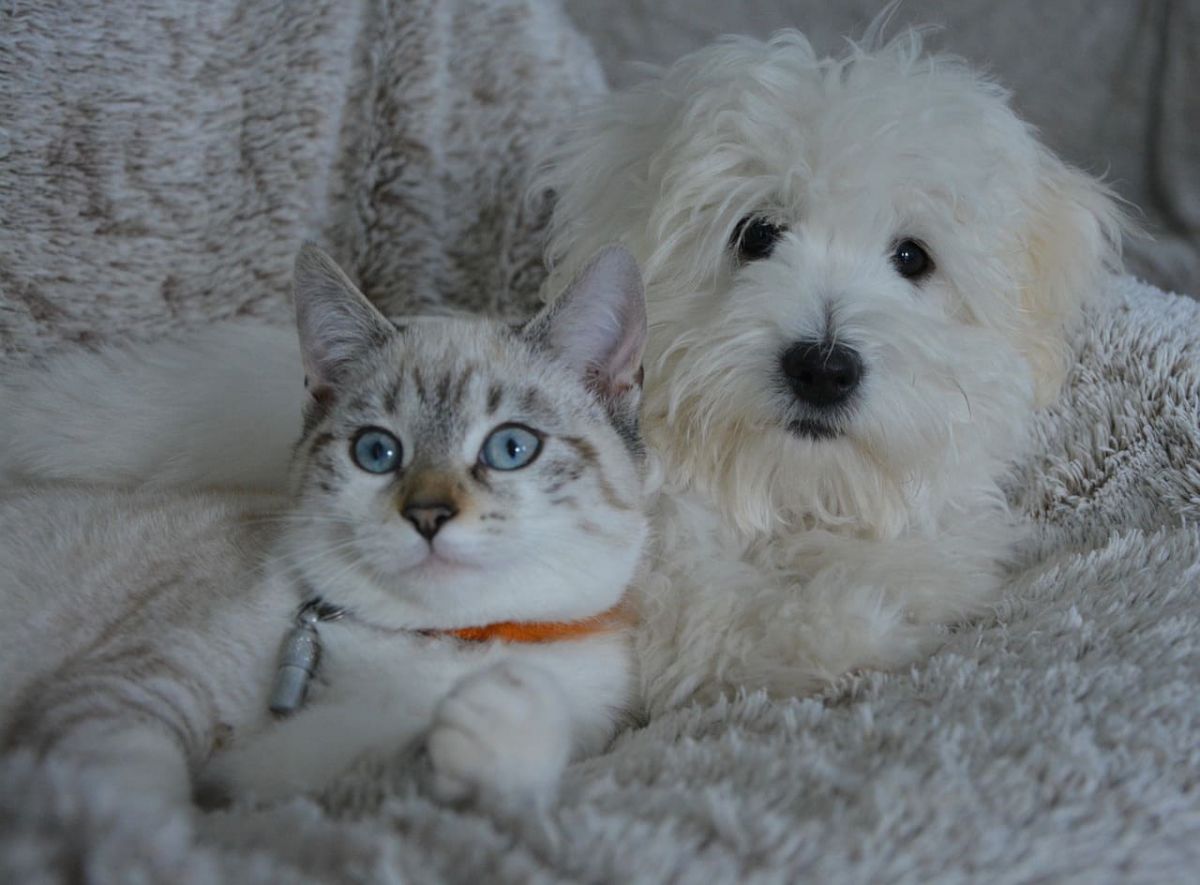
An Authoritative Glimpse into the World’s Top Ten Most Popular Categories of Pets

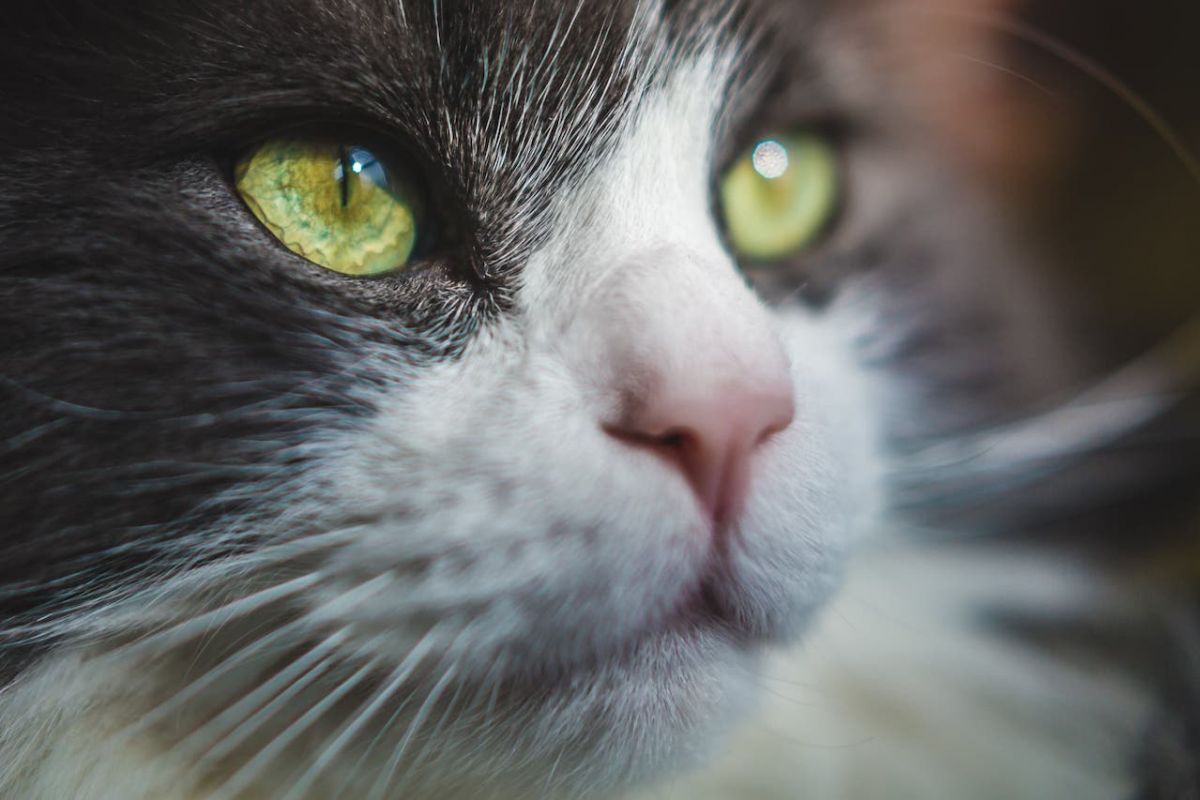
Why Do Cats Squirm Before Pouncing

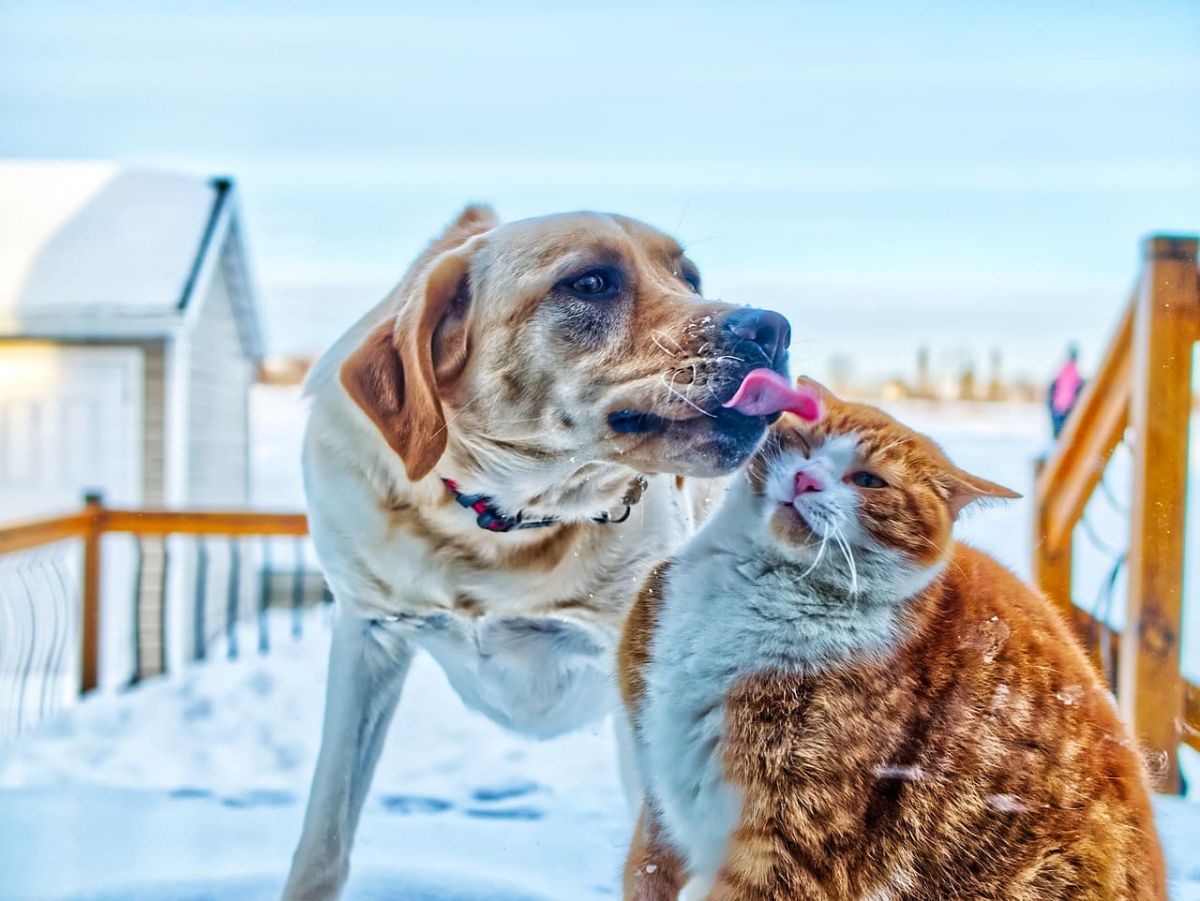
True Heartwarming Stories: The Unbreakable Bond Between Animals and Humans

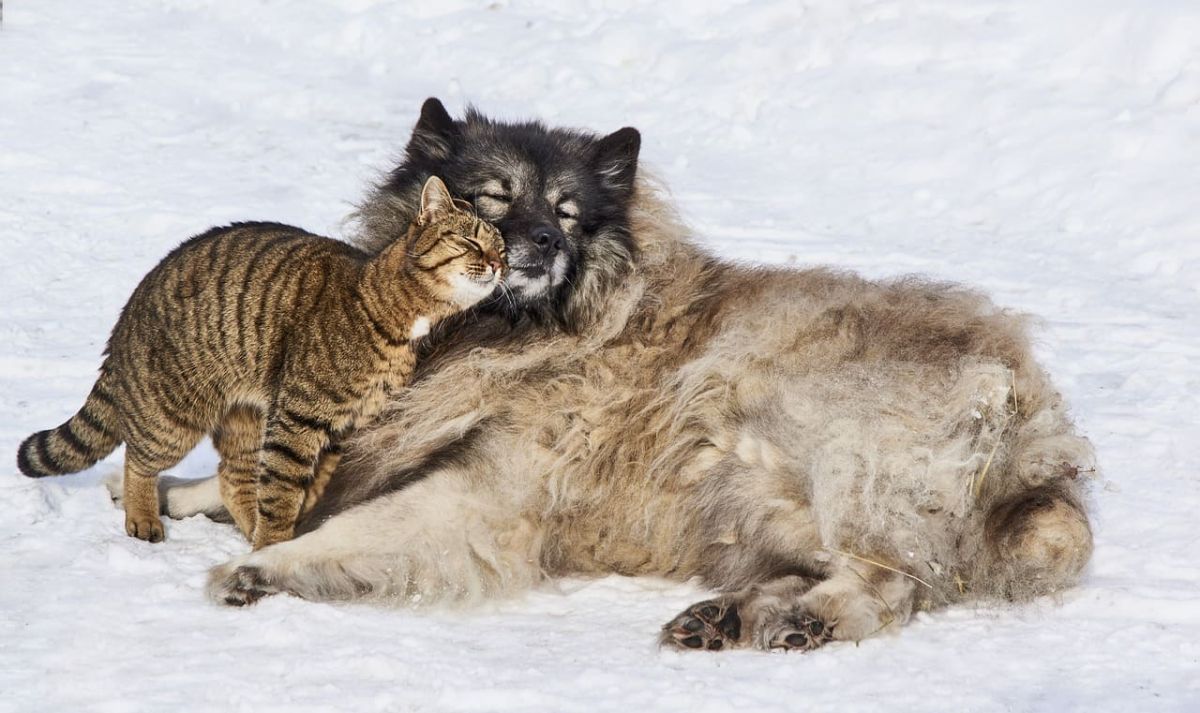
Pets’ Interesting News and Anecdotes

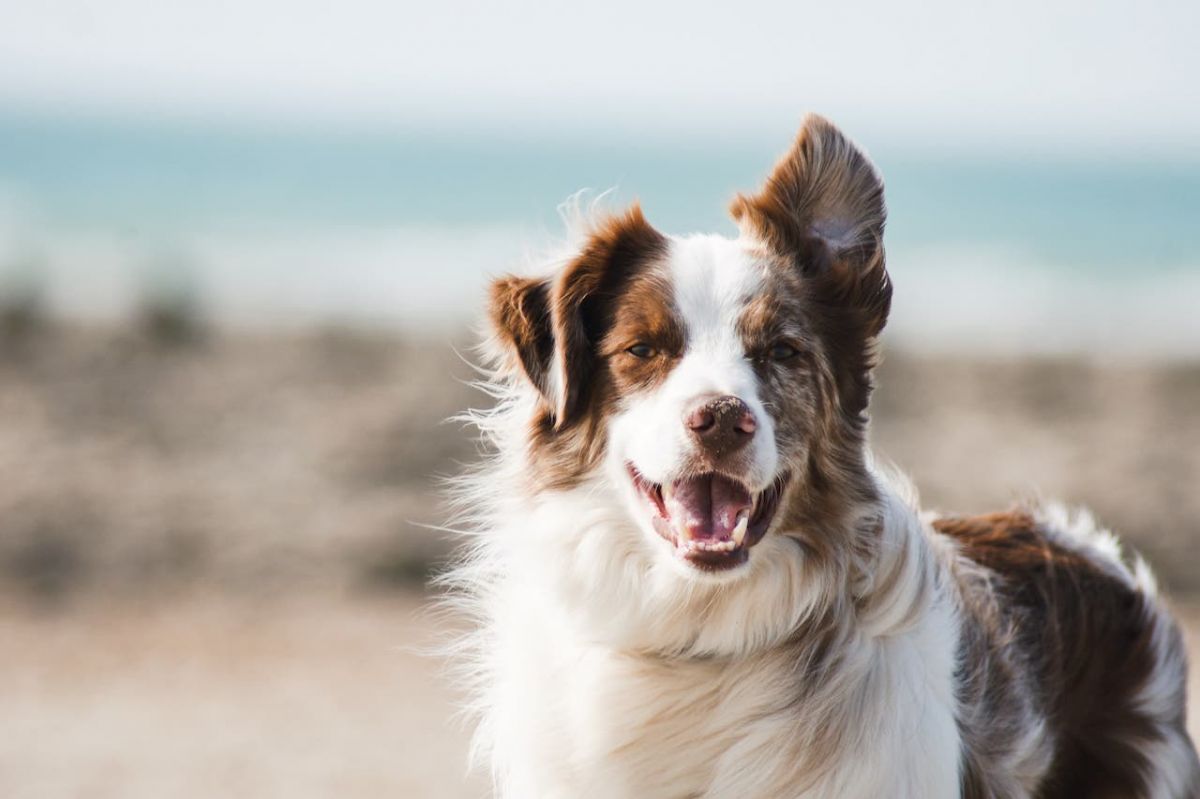
Owning a Pet May Help Maintain Mental Health When We’re Over 65

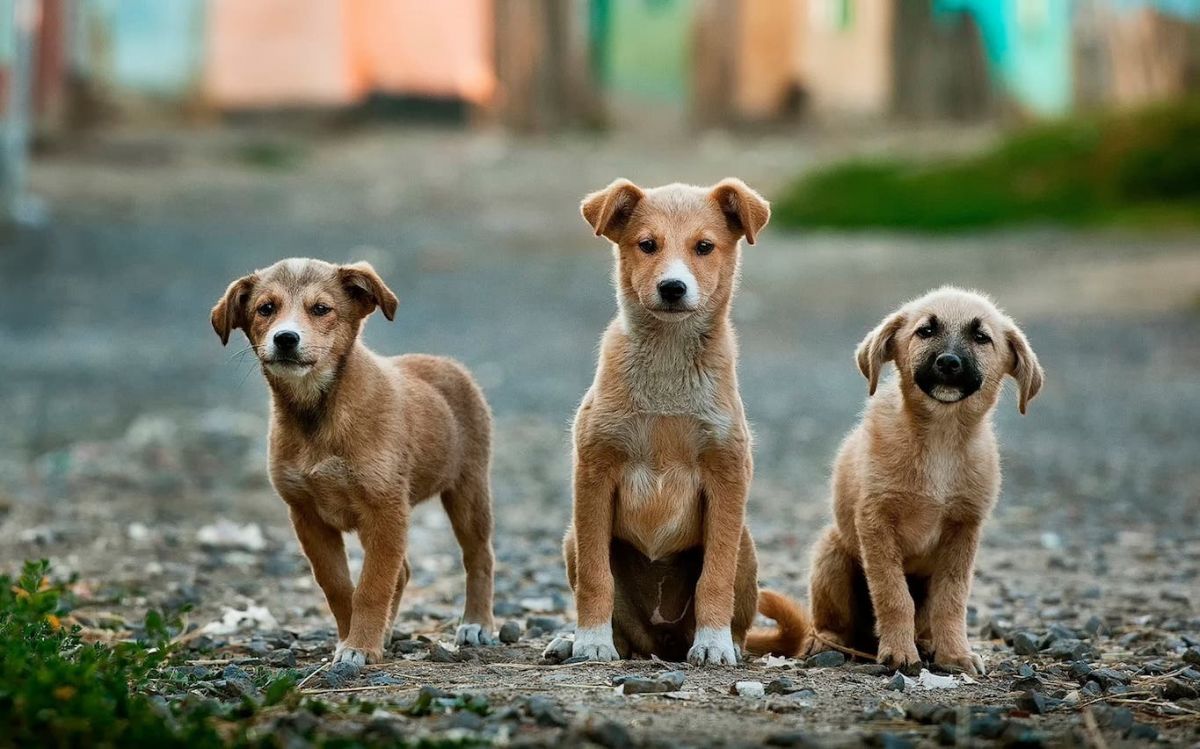
Pet IQ Test: Explore Your Pet's Intelligence and Potential


Pet Insurance: A Must for Comprehensive Pet Protection


Instruction to PetSmart


How to Train a Golden Retriever

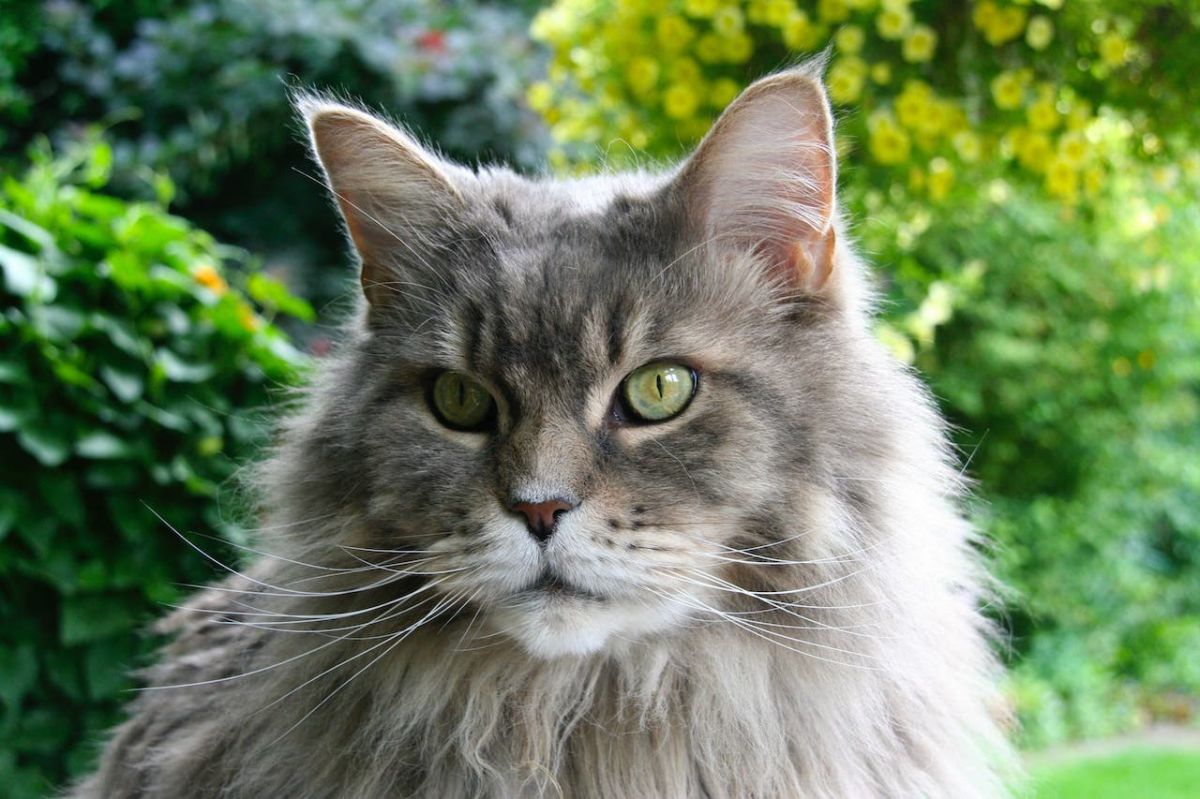
How to Run a Successful Pet Boarding Service


How Can I Find a Veterinarian Near Me


Is the Ragdoll Cat Easy to Raise

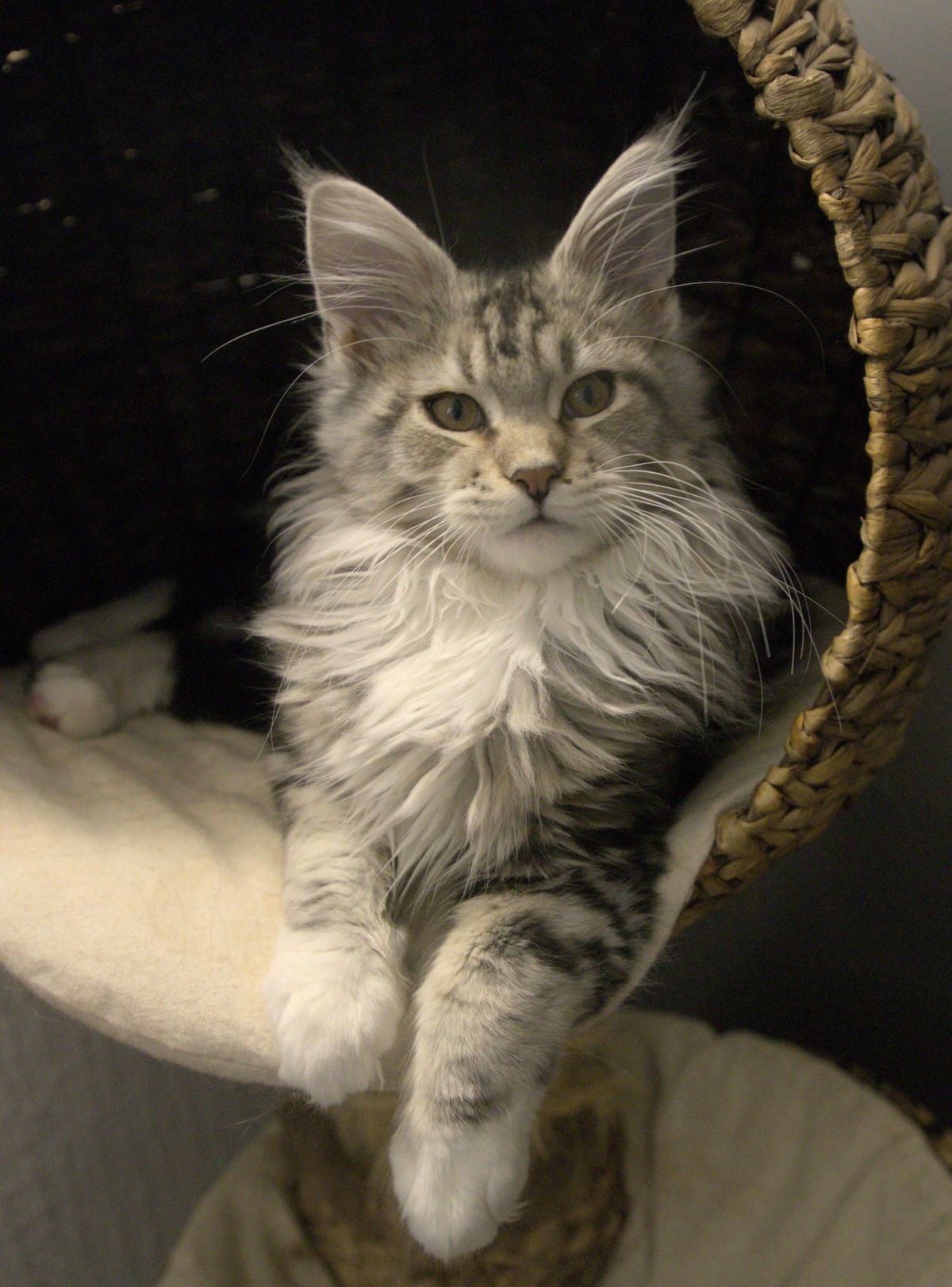
What Do Maine Coon Cats Like to Eat

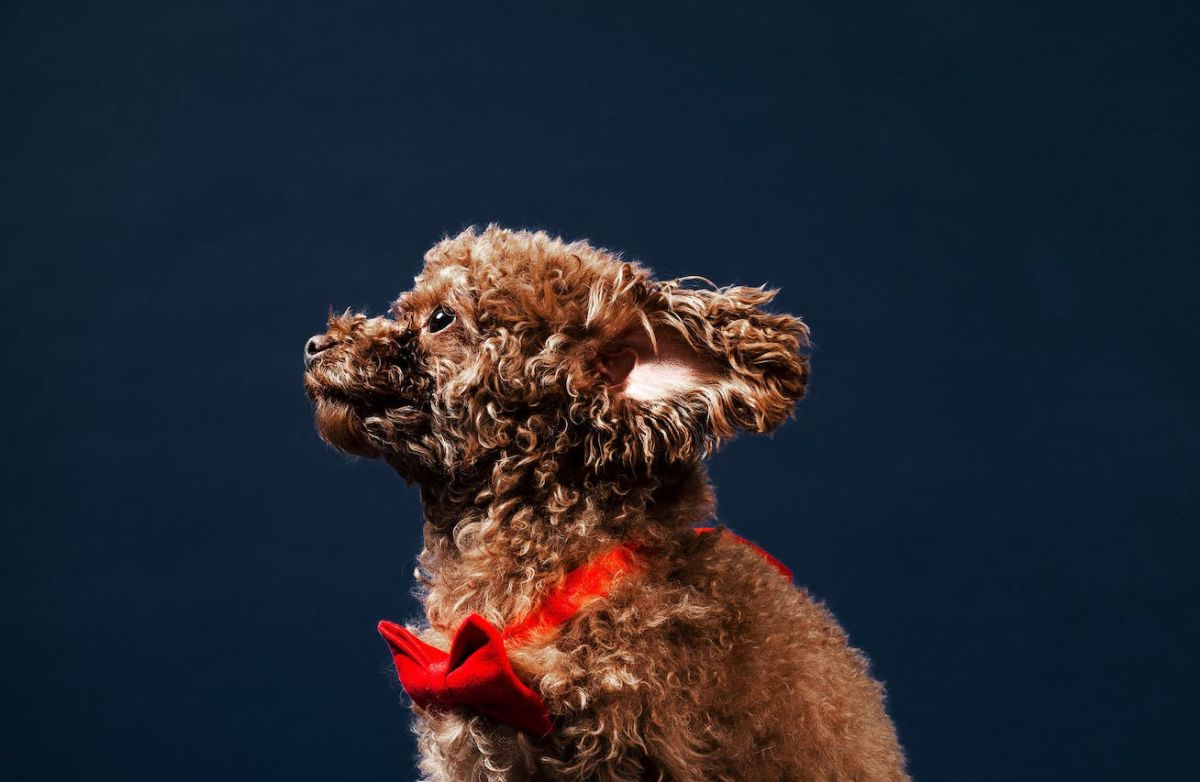
Chinese Crested Dog Wins Champion Title at 2023 Ugliest Dog Contest in California


Some New Laws About Pets

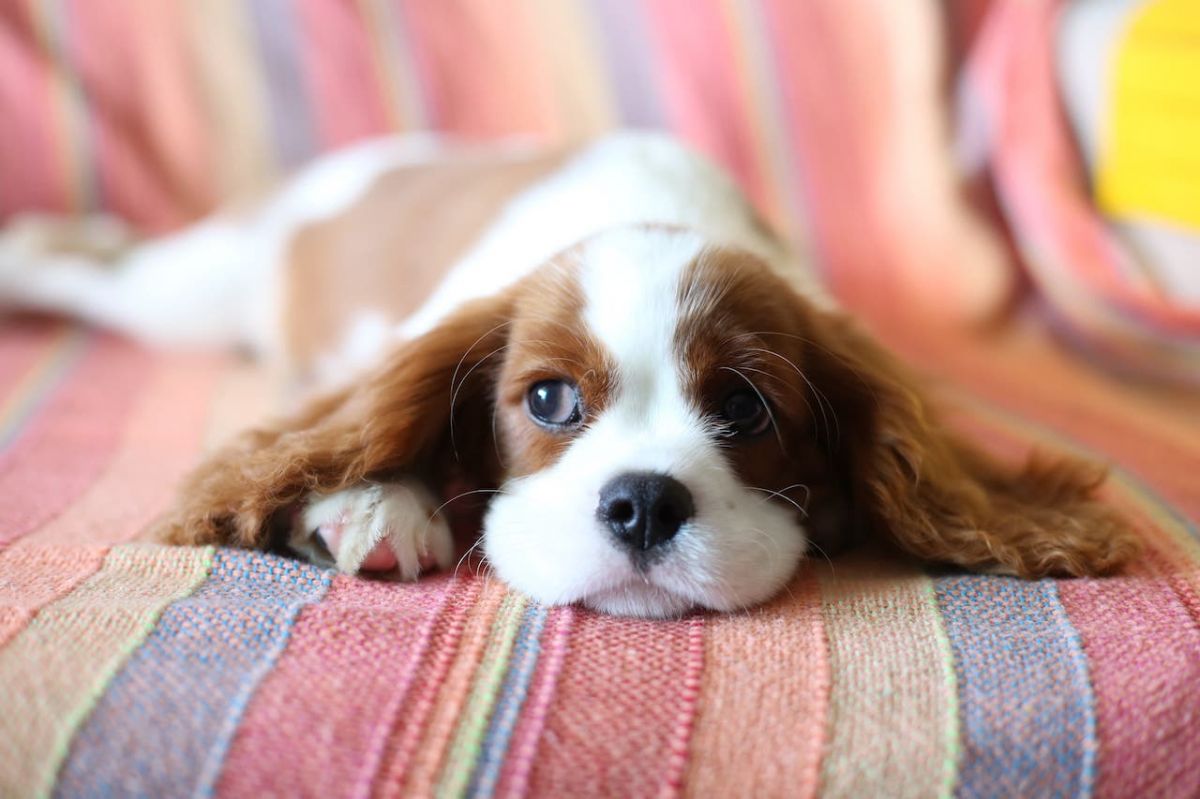
Why Do Cats Like to Sit in Squares So Much?















